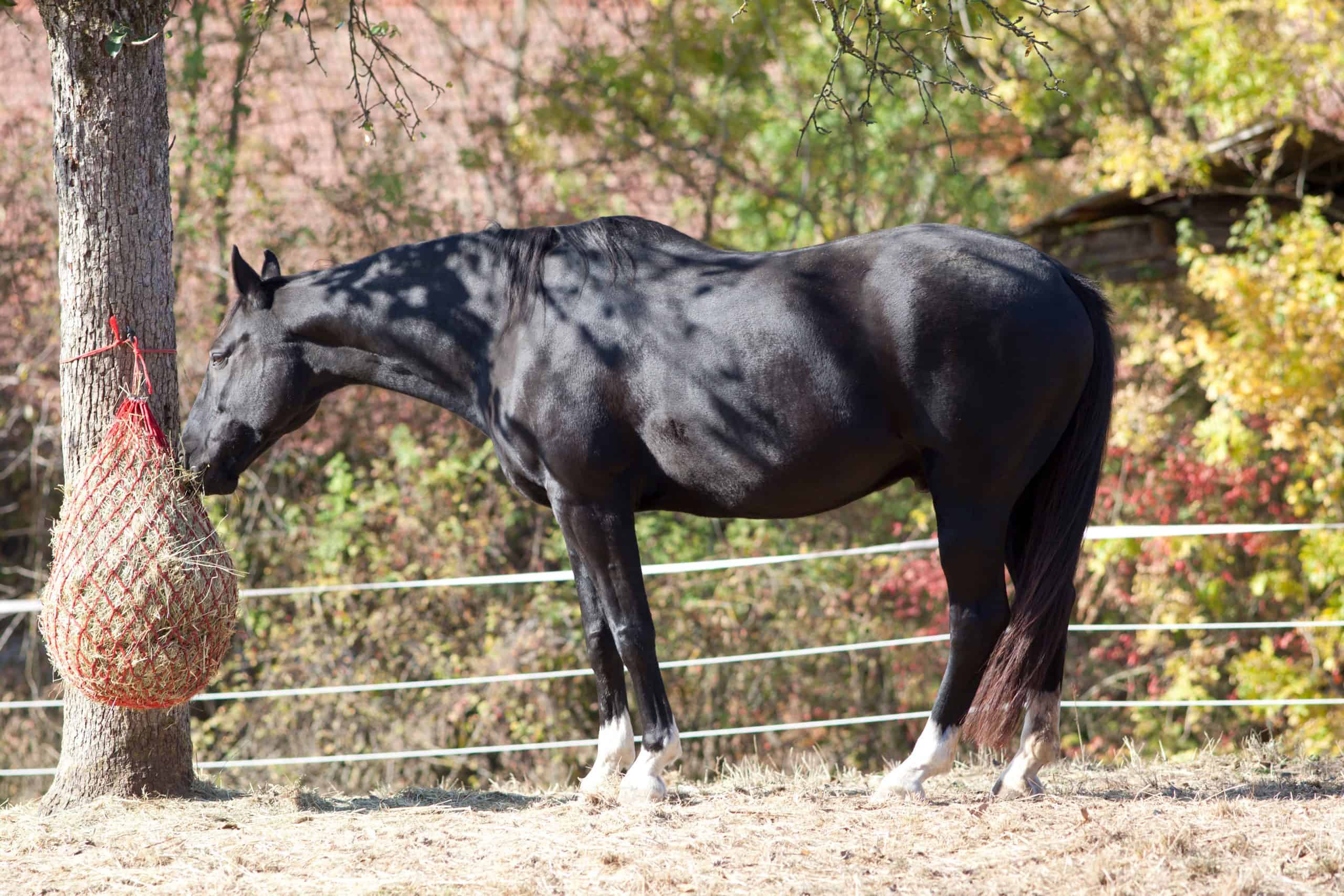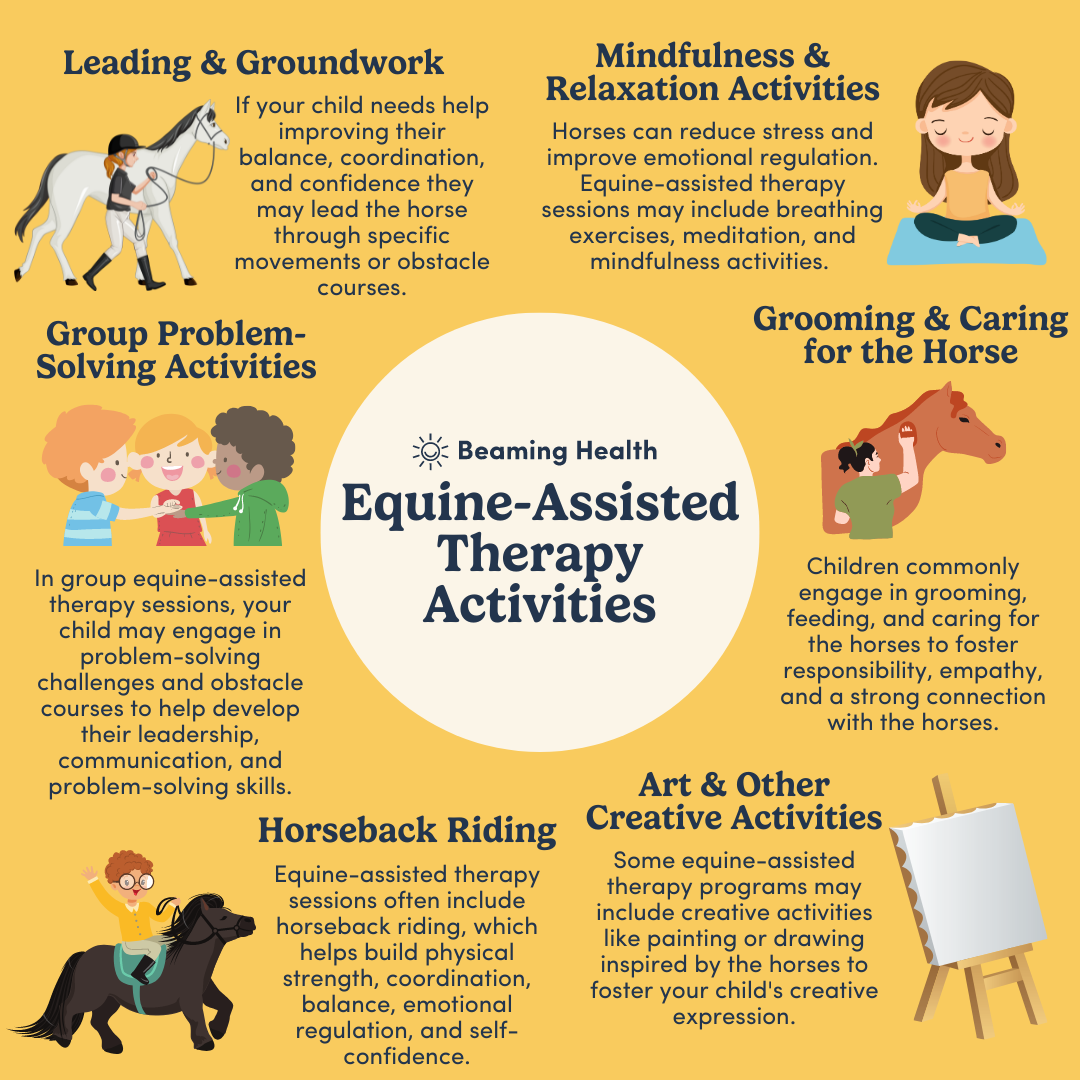Feeding Horses with Developmental Issues: A Comprehensive Guide

Feeding horses with developmental issues requires special attention to their unique nutritional needs to support healthy growth and overall well-being. Developmental issues in horses can include conditions such as developmental orthopedic disease (DOD), growth plate abnormalities, and other musculoskeletal challenges that affect young horses during their growth phases.
Understanding Developmental Issues in Horses
Developmental orthopedic diseases encompass a range of conditions that affect the bones, joints, and cartilage of growing horses. These issues can lead to lameness, pain, and long-term mobility problems if not managed properly.
Common Developmental Issues:
- Osteochondritis Dissecans (OCD): A joint condition caused by abnormal cartilage development.
- Physitis: Inflammation of the growth plates.
- Angular Limb Deformities: Abnormal angulation of limbs affecting gait and posture.
Nutritional Strategies for Horses with Developmental Issues
Proper nutrition plays a critical role in managing and potentially mitigating developmental problems. The goal is to provide balanced nutrients that support bone growth without promoting excessive or uneven growth.
Key Nutritional Components:
| Nutrient | Role in Developmental Health | Sources |
|---|---|---|
| Calcium | Essential for bone formation and strength | Alfalfa, legumes, mineral supplements |
| Phosphorus | Works with calcium for bone development | Grains, cereals, mineral supplements |
| Vitamin D | Facilitates calcium absorption and bone mineralization | Sunlight exposure, fortified feeds |
| Protein | Supports tissue repair and growth | Soybean meal, alfalfa, commercial feeds |
| Energy | Provides calories for growth without excess fat | Controlled grain intake, high-quality forage |
Feeding Tips:
- Avoid overfeeding energy-rich grains to prevent rapid growth.
- Provide consistent access to clean water.
- Use balanced commercial feeds formulated for growth and development.
- Monitor body condition regularly to adjust feed accordingly.
Sample Feeding Schedule
| Time of Day | Feed Type | Quantity | Notes |
|---|---|---|---|
| Morning | High-quality forage (hay) | 1.5% of body weight | Supports steady nutrient intake |
| Midday | Balanced growth feed | According to weight | Avoid excess energy intake |
| Evening | Forage + mineral supplement | 1.5% of body weight + minerals | Ensures mineral balance |
Frequently Asked Questions (FAQ)
Q1: Can feeding too much grain worsen developmental issues?
A1: Yes, excessive grain can lead to rapid growth, increasing the risk of developmental orthopedic diseases.
Q2: How important is mineral balance in feeding horses with developmental problems?
A2: Mineral balance, especially calcium and phosphorus, is crucial for proper bone development and preventing abnormalities.
Q3: Should I consult a veterinarian or equine nutritionist?
A3: Absolutely. Professional guidance ensures a tailored feeding program that addresses your horse’s specific needs.
Conclusion
Feeding horses with developmental issues demands a careful balance of nutrients to promote healthy growth and prevent complications. By understanding the specific needs and implementing a structured feeding plan, horse owners can support their animals’ long-term health and performance.
This guide aims to provide horse owners and caretakers with actionable insights into managing developmental issues through nutrition.
